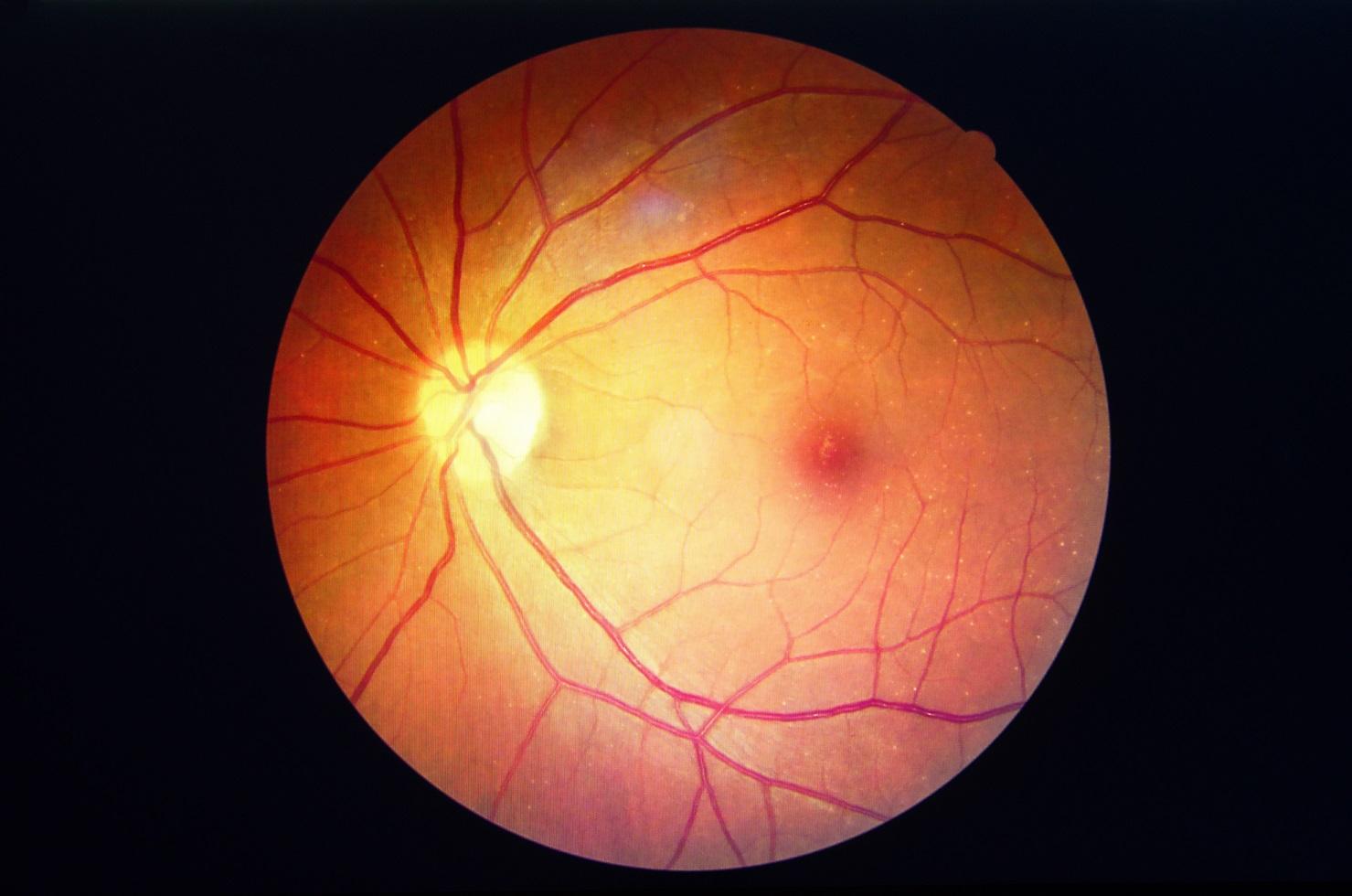Diabetic Retinopathy: A Serious Complication Of Diabetes

Diabetes is a chronic health condition that affects millions of people worldwide. While diabetes itself can pose serious health risks, one of its most concerning complications is diabetic retinopathy. Diabetic retinopathy is a medical condition that damages the blood vessels in the retina at the back of the eye. Over time, diabetic retinopathy can potentially lead to blindness if not properly managed and treated. In this article, we will explore diabetic retinopathy in more detail.
What is Diabetic Retinopathy?
Diabetic retinopathy refers to damage to the small blood vessels (capillaries) in the retina as a result of diabetes. The retina is located at the back of the eye and its job is to transmit the light that enters our eyes and convert it into electrical impulses that travel to the brain, allowing us to see. Diabetes can compromise the health of these small blood vessels over time. Specifically, high blood sugar levels associated with uncontrolled diabetes can cause these tiny blood vessels to weaken and break more easily. This in turn can lead to other complications in the retina.
There are two main stages of diabetic retinopathy - non-proliferative and proliferative. In the early, non-proliferative stage, microaneurysms (small bulges in weak blood vessels) may occur and small haemorrhages can appear on the retina. As diabetic retinopathy progresses beyond this stage, new frail blood vessels grow on the surface of the retina in a condition called proliferative retinopathy. These new blood vessels are abnormal and fragile. They can leak blood and cause scar tissue to form, damaging the retina further. If left untreated, severe vision loss or total blindness may occur.
Risk Factors for Diabetic Retinopathy
Several factors influence a person's risk of developing diabetic retinopathy, the most important being:
- Duration of diabetes: The longer a person has diabetes, the greater the chances of developing diabetic retinopathy. Nearly all people with type 1 diabetes and over 60% of people with type 2 diabetes experience diabetic retinopathy after 20 years of having the disease.
- Poor blood sugar control: Higher levels of blood sugar and hemoglobin A1C increase the risk and progression of retinopathy. Individuals with poorly controlled blood sugar levels are at much greater risk of developing this eye complication.
- High blood pressure: Having elevated blood pressure further damages the tiny blood vessels in the eyes. This exacerbates the risk and severity of diabetic retinopathy.
- High cholesterol: Abnormal cholesterol levels, especially high LDL ("bad") cholesterol, are linked to worsening eye disease in diabetes.
- Pregnancy: Retinopathy may worsen more rapidly in pregnant women with pre-existing diabetes or develop quicker in gestational diabetes. Closer eye monitoring is vital during and after pregnancy.
- Kidney disease: People experiencing kidney complications from diabetes are also more likely to have proliferative retinopathy affecting vision.
Symptoms of Diabetic Retinopathy
In the initial stages, diabetic retinopathy may have no warning signs or symptoms. However, as it progresses, individuals may experience:
- Blurred or decreased vision.
- Difficulty seeing fine details or reading.
- Dark or empty areas appearing in the field of vision.
- Floaters or spots in the eyes.
- Distorted or poor judgment of distances.
- Sudden, severe vision loss in one or both eyes (from retinal detachment or vitreous hemorrhage).
Any changes or worsening of vision should be promptly reported to an ophthalmologist for examination and timely treatment to protect sight. Remaining symptom-free does not mean the eyes are unaffected. Regular eye screenings are vital for early diagnosis and management of diabetic retinopathy.
Screenings and Treatment
The good news is Diabetic Retinopathy is usually preventable or treatable if caught in its early stages before noticeable vision impairments manifest. Early screenings can detect subtle retinal changes well before individuals experience problems seeing. For those with diabetes, the following screenings and treatments are recommended:
- Yearly dilated eye exams are advised for anyone who has had type 1 or type 2 diabetes for more than 5 years. Exams should occur sooner for those at high risk.
- Laser photocoagulation procedures utilize directed laser burns to seal leaking blood vessels and promote scar tissue formation. This stabilizes existing retinopathy in many cases.
- Anti-VEGF (vascular endothelial growth factor) injections are effective for treating proliferative diabetic retinopathy with abnormal new blood vessel growth. These medicines inhibit further vessel proliferation.
- Vitrectomy surgery may be needed if hemorrhages or scar tissue detaches the retina. Removing the vitreous gel helps repair the retina and restore vision.
- Strict blood sugar and blood pressure control through diet, medication and lifestyle changes is pivotal for prevention as well as slowing progression once diagnosed.
With diligent management and aggressive treatment based on ophthalmologic guidance, diabetic retinopathy is not necessarily a life-altering impairment but its risks must be taken seriously. Regular monitoring provides the greatest chances for early identification and subsequent vision preservation.
In conclusion, diabetic retinopathy develops as a long term complication affecting the eyes due to poorly controlled diabetes. While it typically has no symptoms initially, it can potentially lead to blindness if left undetected and untreated. Following ophthalmologist recommended screening schedules and adhering to prescribed treatments according to the stage of retinopathy is key. Additionally, maintaining optimal blood sugar, blood pressure and cholesterol levels through healthy lifestyle modifications is imperative for preventing or delaying the onset and worsening of this serious retinal condition. Early detection and multidisciplinary management ensures the highest likelihood of retaining functional eyesight for people living with diabetes.
Get More Insights On Diabetic Retinopathy
- Art
- Causes
- Crafts
- Dance
- Drinks
- Film
- Fitness
- Food
- Juegos
- Gardening
- Health
- Home
- Literature
- Music
- Networking
- Other
- Party
- Religion
- Shopping
- Sports
- Theater
- Wellness
- IT, Cloud, Software and Technology


